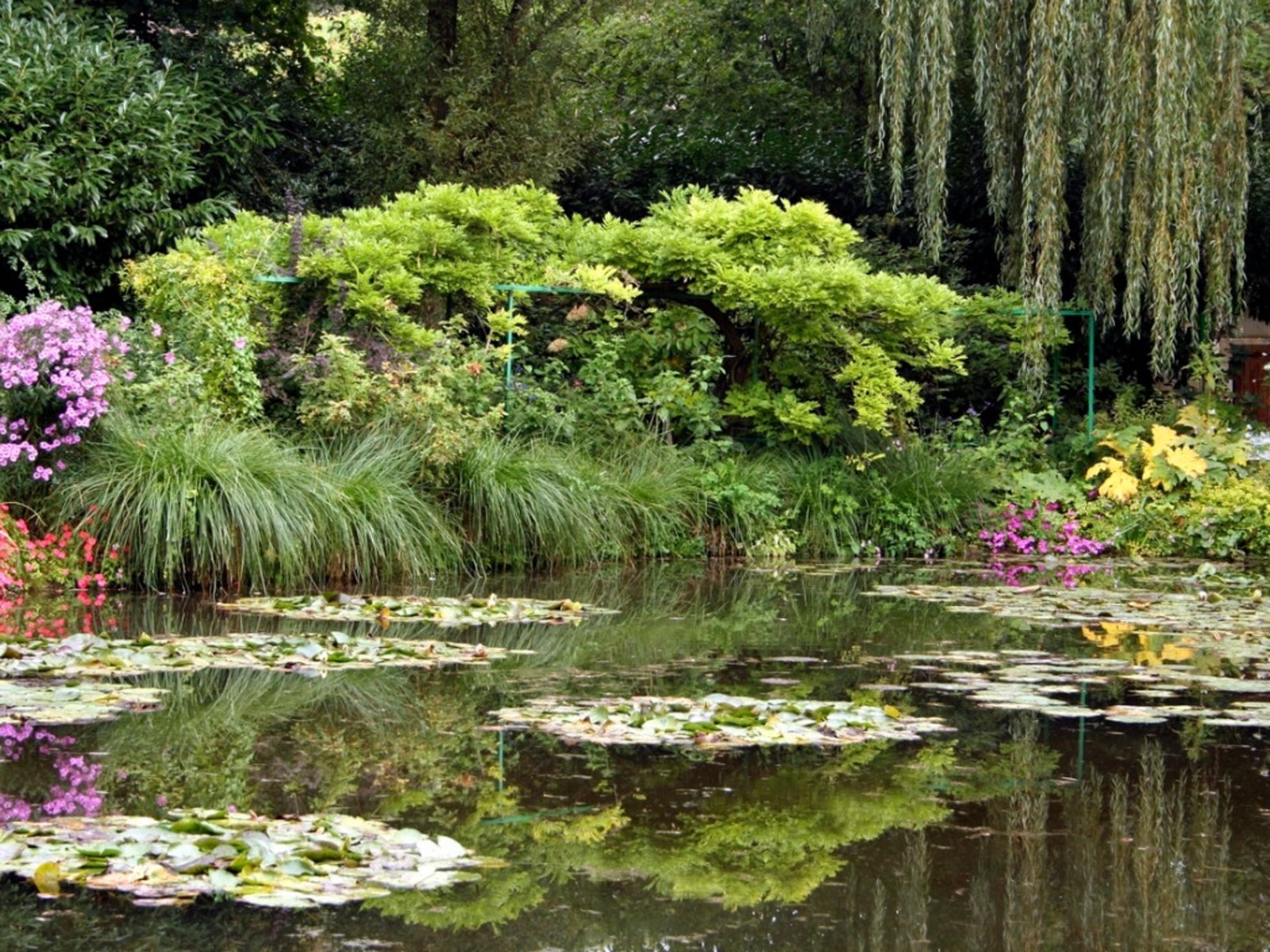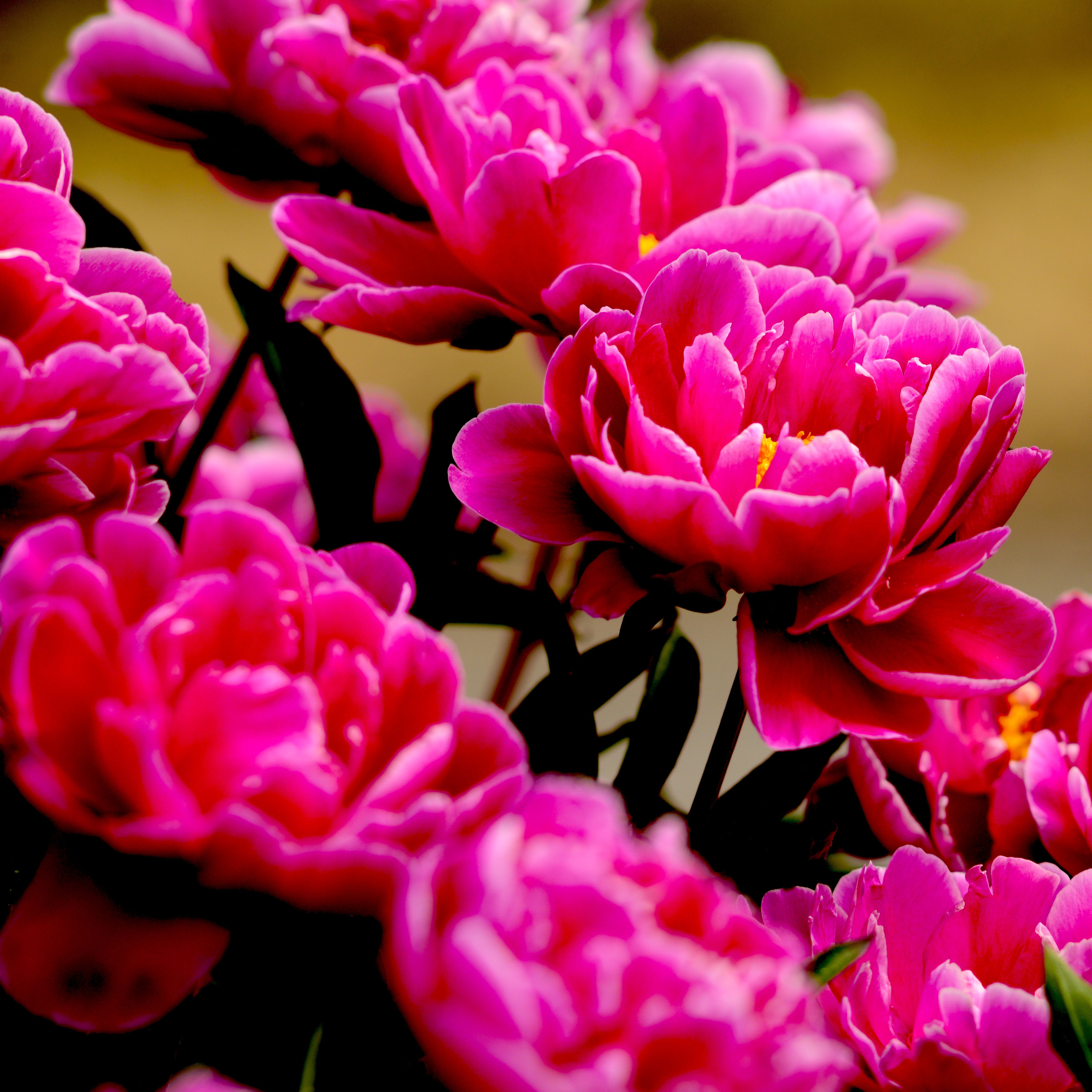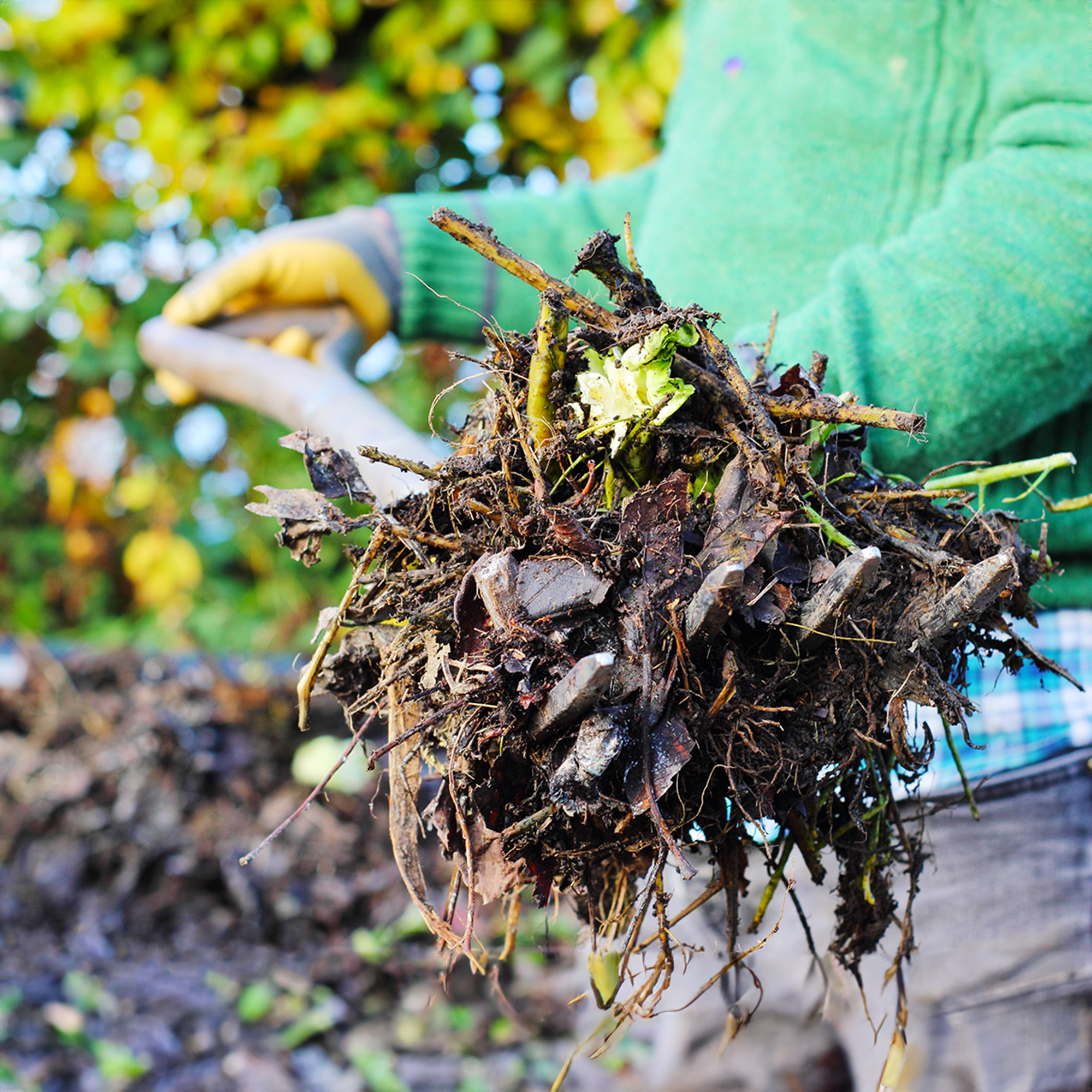How To Garden Like Monet – What We Can Learn From Monet’s Garden


Claude Monet’s garden, like his art, was a means of self-expression. Monet loved his garden so much that he considered it his most beautiful work.
How to garden like Monet? The brilliant impressionistic artist was a skilled horticulturalist who sought out the finest new plants from around the world. He was bold and unafraid to experiment with texture and color.
It probably didn’t hurt that he had eight children, as well as six gardeners to help with his garden in Giverny, France.
Have you thought about planting a Monet style garden? Here are a few tips to pique your artistic creativity.
How to Garden Like Monet: Experimenting with Color
Monet kept a “paint box garden,” where he experimented with new plants and various color combinations.
His garden reflected his knowledge and appreciation of color. One area would display various shades of red and pink. A sunset garden showed off-blooming plants in bright shades of orange, red, and yellow, sometimes splashed with blue, gray, or green. An island, which he often formed in mounds to show plants to better advantage, might consist of nothing but deep pink and red geraniums.
Some areas were populated with restful colors like pink and white or blue and white, while others were focused on bold primary colors like blue forget-me-nots and bright red tulips. Monet understood how to use splashes of white throughout the garden to add sparkle, even in shady spots.
Gardening tips, videos, info and more delivered right to your inbox!
Sign up for the Gardening Know How newsletter today and receive a free copy of our e-book "How to Grow Delicious Tomatoes".
Plants in a Monet-Style Garden
Although it was carefully planned, Monet’s garden had a natural, wild look. He liked big, showy flowers such as sunflowers and hollyhocks, and low-growing plants like nasturtiums, which were allowed to sprawl across walking paths. He also incorporated native plants, which returned every year and required very little attention.
Monet planted what he liked, and very few plants were off limits. A Monet style garden would likely include some of his favorites such as mums, anemones, dahlias, peonies, asters, delphiniums, lupine, azalea, wisteria, and of course, iris, especially purple, blue, violet, and white.
He preferred simple flowers with single petals, rather than “fancy” blooms. Similarly, he didn’t like variegated foliage, which he considered too busy and unnatural. He loved roses, which he often grew on trellises so the blooms could be seen against the blue sky.
Willows, bamboo, spruce, cherry, pine, and other shrubs and trees were used in Monet’s garden to artfully frame the landscape. A key feature was his water garden, which contained water lilies and other aquatic plants, as depicted in many of his paintings.

A Credentialed Garden Writer, Mary H. Dyer was with Gardening Know How in the very beginning, publishing articles as early as 2007.
-
 Grow ‘Karl Rosenfield’ Peony Plants For The Ultimate Frilly Border Beauties And Cut Flowers
Grow ‘Karl Rosenfield’ Peony Plants For The Ultimate Frilly Border Beauties And Cut FlowersFor frilly double magenta peony petals infused with a heady fragrance, grow ‘Karl Rosenfield’ peony plants. Here’s how to cultivate the ultimate plushy blooms
By Tonya Barnett
-
 10 Common Composting Problems That Can Spoil Your Garden Gold – Plus Easy Fixes
10 Common Composting Problems That Can Spoil Your Garden Gold – Plus Easy FixesLearn how to troubleshoot common composting issues before they ruin your stash – from bad smells and bugs to materials not breaking down as they should.
By Susan Albert